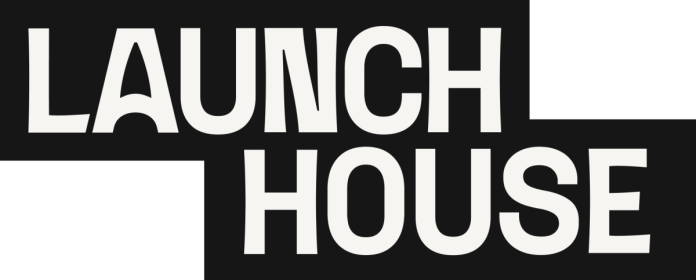In March 2022, Launch House, established by founders Brett Goldstein, Michael Houck, and Jacob Peters, made Fast Company‘s list of the 10 Most Innovative Social Media Companies of 2022. An appearance on this list might seem unusual because, in a technical sense, the membership community has very little to do with so-called “conventional” forms of social media. However, because the community is a disruptor in every sector it’s involved in, the prize isn’t truly as surprising as it would appear at first glance. In fact, the benchmarks that Launch House has set for 2023 demonstrate how appropriate the reference is.
The company’s success in social media can be attributed to the creation of something that’s been referred to as hacker home 2.0. When Launch House was started in 2020, its co-op property in Mexico resembled similar spaces that already existed in Silicon Valley. Entrepreneurs with promising business prospects were welcomed to reside together under one roof. The hope was that they’d forge genuine, mutually supportive relationships that could uplift the individual inventiveness of each entrepreneur.
During the height of COVID-19, communal housing seemed logical, and Launch House has since demonstrated that there’s still significant benefit in utilizing this approach by continually rolling out four-week residency programs. Launch House’s planned communities of creatives, builders, and founders grew as a result of these programs. Subsequently, the company’s founders decided to expand their offerings in Web3. In doing so, they redefined the concept of community and collaboration.
The Latest Community Network
Launch House had progressed beyond the basic accelerator concept by the beginning of 2021, when limitations imposed during the worst of the epidemic began to loosen. There are now Launch House locations in Los Angeles and New York City, where members can benefit from the enterprise’s services in person. However, in Web3, users can also sign up for the online community housed on Gather, a 2D virtual workplace that’s financially supported by Sequoia Capital. Members of Launch House can come from all over the world and make natural connections in the environment of a virtual university. They can also take advantage of educational opportunities that were valuable enough to cause many founders to question the necessity of putting money into a four-year college degree that might not provide a good return on investment.
The Next Level
Launch House was able to genuinely establish a wide social network after making this pivot because it has a reach that extends across both physical and digital venues. This made the network accessible to people all over the world. That reach is significant, and it’s helped inspire other member-based success stories — like the creation of Showtime, which is a Web3 social network that was the idea of Launch House member Alex Masmej. Success stories like this have helped drive the growth of the Launch House community. But more than that, Launch House has lowered the barrier to entry to its premium membership model by signing away any right to share capital in members’ startups and by financing a subsidy program that cuts costs for founders from underrepresented communities. All this has greatly increased the community’s accessibility.
Ample Financial Backing
The Launch House team has had a very successful year in 2022, which may not come as much of a surprise given all of the innovations that have been introduced. Launch House initially raised $3 million in seed money, and this year it concluded a $12 million Series A round of funding. Additionally, it announced the establishment of its venture arm, House Capital, which will be supported by a fund in the multimillions of dollars.



 Bitcoin
Bitcoin  Ethereum
Ethereum  Tether
Tether  XRP
XRP  Solana
Solana  USDC
USDC  TRON
TRON  Lido Staked Ether
Lido Staked Ether  Cardano
Cardano  Avalanche
Avalanche  Toncoin
Toncoin